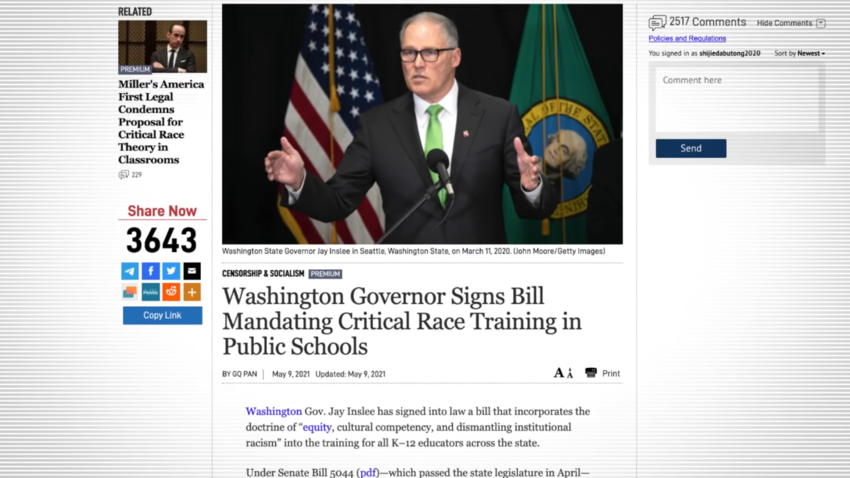Critical Race Theory (CRT) / Judge for Yourself
May
11
Critical race theory originated in the mid-1970s in the writings of several American legal scholars including Derrick Bell, Alan Freeman, Kimberlé Crenshaw, Richard Delgado, Cheryl Harris, Charles R. Lawrence III, Mari Matsuda, and Patricia J. Williams. It emerged as a movement by the 1980s, reworking theories of critical legal studies (CLS) with more focus on race. Both critical race theory and critical legal studies are rooted in critical theory, which argues that social problems are influenced and created more by societal structures and cultural assumptions than by individual and psychological factors.
Critical race theory is loosely unified by two common themes: first, that white supremacy (societal racism) exists and maintains power through the law; and second, that transforming the relationship between law and racial power, and also achieving racial emancipation and anti-subordination more broadly, are possible.
Critics of critical race theory argue that it relies on social constructionism, elevates storytelling over evidence and reason, rejects the concepts of truth and merit, and opposes liberalism.
Kenichi Uchikura
President / CEO
Pacific Software Publishing, Inc.
ken.uchikura@pspinc.com
__..-・**・-..__..-・**・-..__..-・**・-..__..-・**・-..__
Search and Reserve Your Domain Name
__..-・**・-..__..-・**・-..__..-・**・-..__..-・**・-..__
I am publishing newsletter every Wednesday.
I would like you to subescrbe at following URL.
It tales less than a minutes to read.
UCHIKURA CO
Thank you.

















 Lupin
Lupin